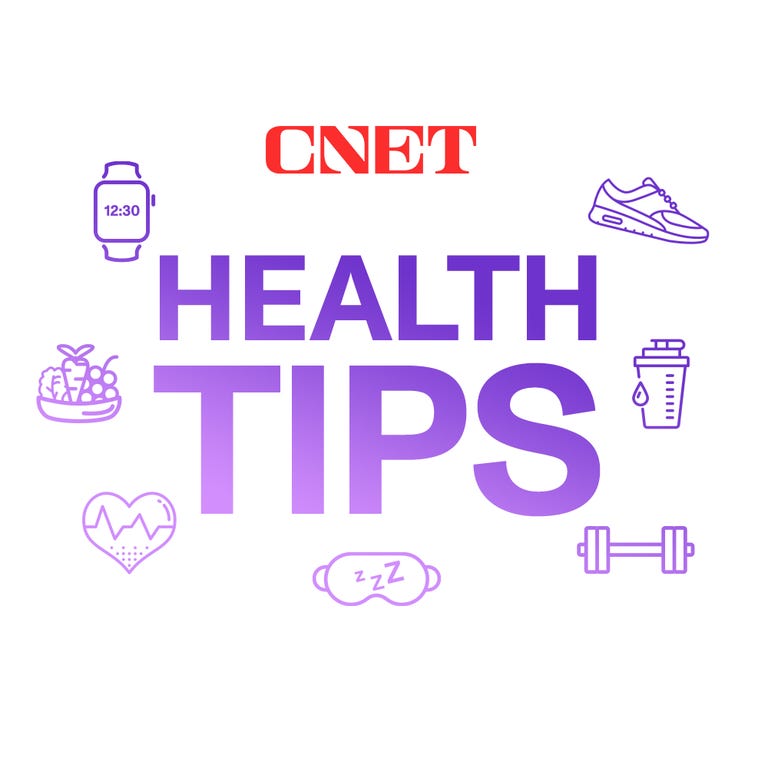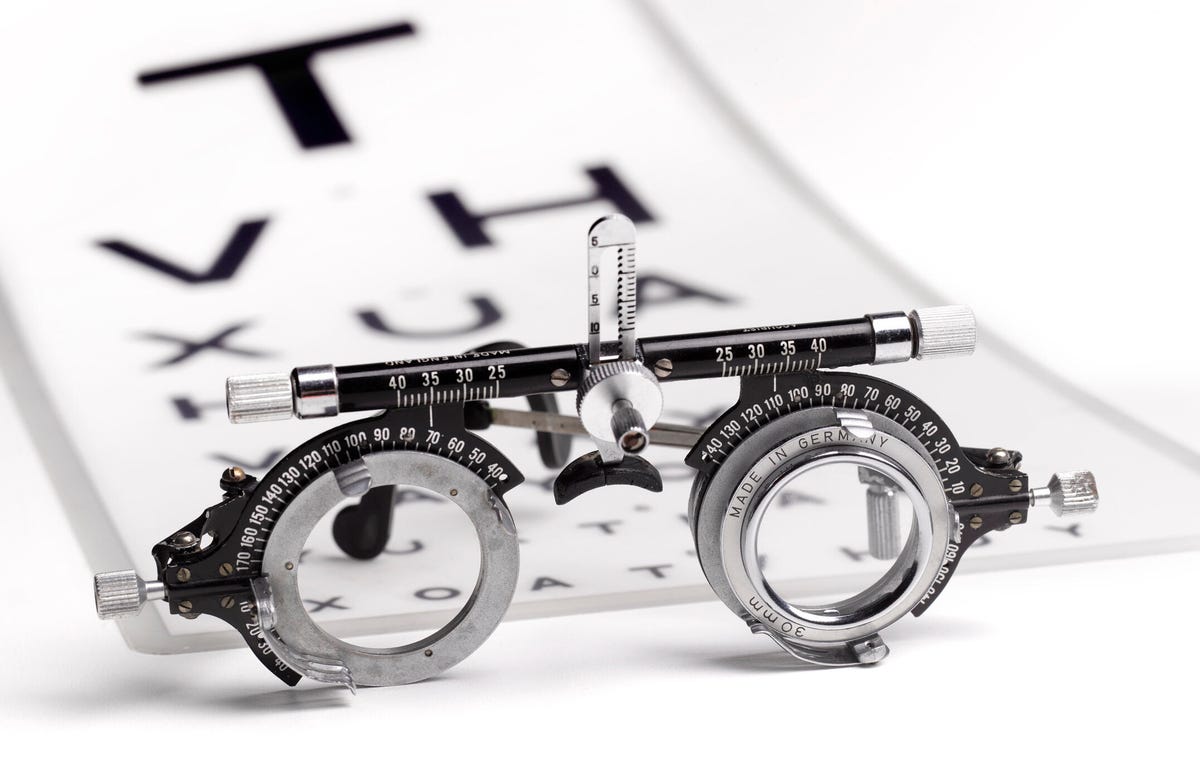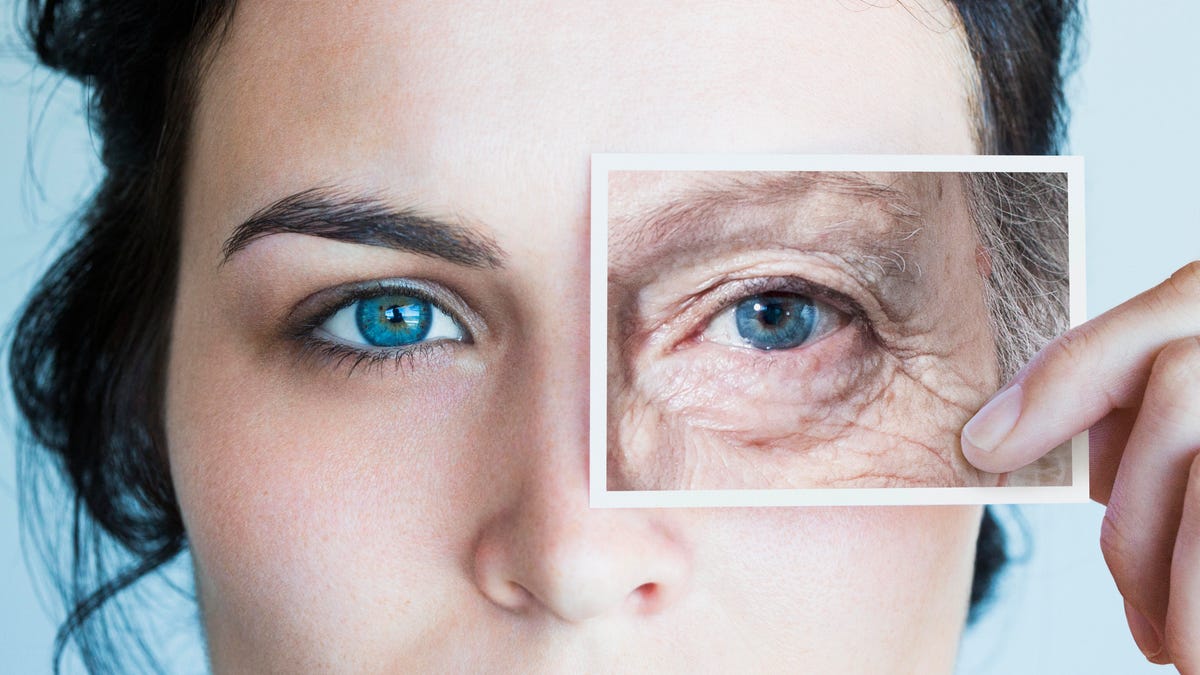The saying goes, “the eyes are the windows to the soul.” But as time goes on, you might notice your windows becoming a bit hazy. It’s normal for your vision to change as you age, but sudden changes could be a sign of a medical issue.
As you get older, your risk for eye-related conditions and diseases increases. However, there are steps you can take to maintain the health of your aging eyes.
Know Your Risk Level

Understanding the factors that affect your vision and being able to recognize symptoms is crucial for maintaining your eye health.
If you spend extended periods of time looking at a computer screen, you’re likely familiar with eye strain and temporary blurry vision. Take frequent breaks to rest your eyes, and consider using blue light-blocking glasses. If you work outdoors or in an environment where your eyes may be at risk, use appropriate protective eyewear and seek prompt medical attention for any injuries.
Additionally, don’t overlook your family history. More than 350 eye diseases are hereditary, so being aware of your genetic risks can help you identify symptoms and seek preventive care.
Get Regular Eye Exams
Eye exams may not be the most exciting appointments, but they are essential as you age. Regular eye exams, even if you don’t have a family history of vision issues, can help detect problems early before they worsen.
The American Academy of Ophthalmology recommends eye exams at least every year or two for individuals over the age of 65. These exams can identify age-related eye issues like cataracts, diabetic retinopathy, glaucoma, and macular degeneration.

Protect Your Eyes with Proper Eyewear
The sun’s UV rays can be harmful to your eyes and vision. Excessive UV exposure has been linked to a higher risk of cataracts and eyelid cancers. Protect yourself by wearing a hat and sunglasses that block at least 99% of UVA and UVB rays.
If you wear prescription glasses, contacts, or even over-the-counter readers, make it a priority to update your eyewear regularly. Your prescription may have changed, and your eyes may require more assistance than before.
Take Care of Your Overall Health
While external factors play a role, maintaining good eye health starts from within.
A diet rich in foods that promote healthy eyes can provide your body with the necessary nutrients. Incorporate foods like almonds, broccoli, carrots, eggs, kiwi, leafy greens, salmon, and sunflower seeds into your meals. A balanced diet also supports healthy blood glucose levels and body weight, reducing the risk of diabetes. According to the Centers for Disease Control and Prevention, 90% of diabetes-related blindness is preventable.
If you’re a smoker, quitting now can benefit your eye health. Smoking is associated with various eye conditions, with macular degeneration and cataracts being two significant risks. Smokers are twice as likely to develop age-related macular degeneration and two to three times more likely to develop cataracts compared to nonsmokers.

